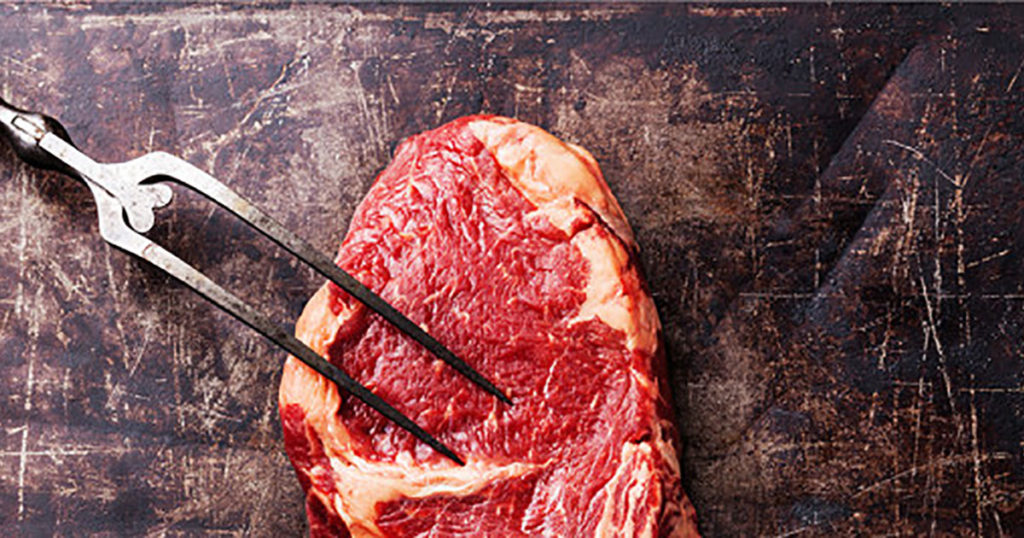Recently I spent two weeks in Kenya studying the diet of that country’s elite runners. One of the interesting features of this diet is that it is low in meat. The typical elite Kenyan runner consumes meat no more than three or four times per week. Kenya is a poor country, where meat is an expensive luxury.
While the most successful runners can afford to increase their meat intake, they usually choose not to, being accustomed to and comfortable with a plant-centered diet.
Yet the diet of Kenyan runners is not very different from the diet of elite runners from other, wealthier countries. My research has uncovered a consistent pattern of relatively low meat consumption among elite runners from Ireland to Japan and everywhere in between.
While very few of these athletes are vegetarian, a majority eat meat less often than non-athletes in the wealthier nations do.
The reason behind this broad pattern is almost certainly that a low-meat diet is optimal for running fitness and for overall health, which is the foundation of fitness.
Eating some meat is better than eating none at all. Recently, a large epidemiological study performed by Swiss researchers found that people who ate small amounts of meat tended to live longer than vegetarians. Vegetarian runners are more likely than omnivorous runners to become anemic because running increases iron needs while a vegetarian diet tends to supply less iron.
A little meat goes a long way, however, and eating a lot of meat is worse than eating none.
Heavy meat eaters do not live as long as light meat eaters or vegetarians. For runners, eating a lot of meat is detrimental because it crowds other important food groups—especially vegetables, fruit, and whole grains—out of the diet.
The human body is very adaptable. There is no specific frequency of meat consumption that all runners need to aim for. You could eat meat anywhere from twice a week to twice a day and notice little difference in your health, fitness, or performance.
But the likelihood is that you will get the best results by following the example of the world’s best runners and eating meat relatively infrequently. I myself eat meat (or more often fish) about once a day.
Not all meats are equally beneficial. Fish (which is not often classified as meat but is in fact the same thing—animal flesh) is more beneficial than poultry and red meat.
Research has shown that eating fish reduces the risk of cardiovascular disease by enhancing vascular function, lowering blood pressure, and reducing systemic inflammation.
Fish is also good for the brain and nervous system. Some studies have reported that regular fish eaters exhibit better brain function in old age and are less likely to become depressed and to develop Alzheimer’s disease.
Red meat should be eaten less often than fish and poultry. Heavy red meat intake is associated with elevated risk for colorectal cancer and cardiovascular disease.
So take a cue from the Kenyans and make red meat a peripheral component of your diet instead of the centerpiece on your plate at every meal.
